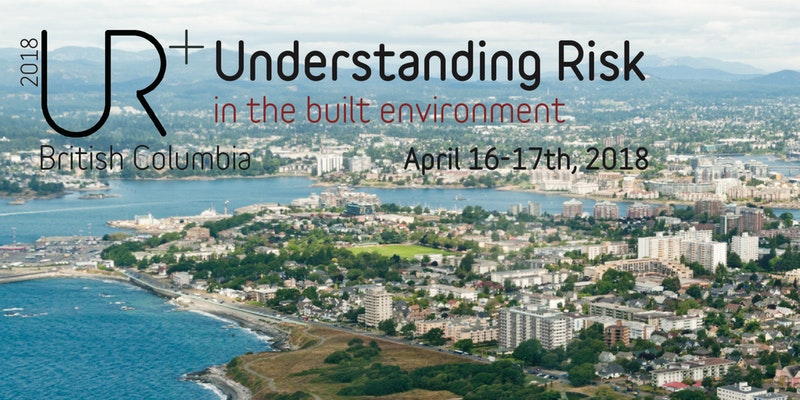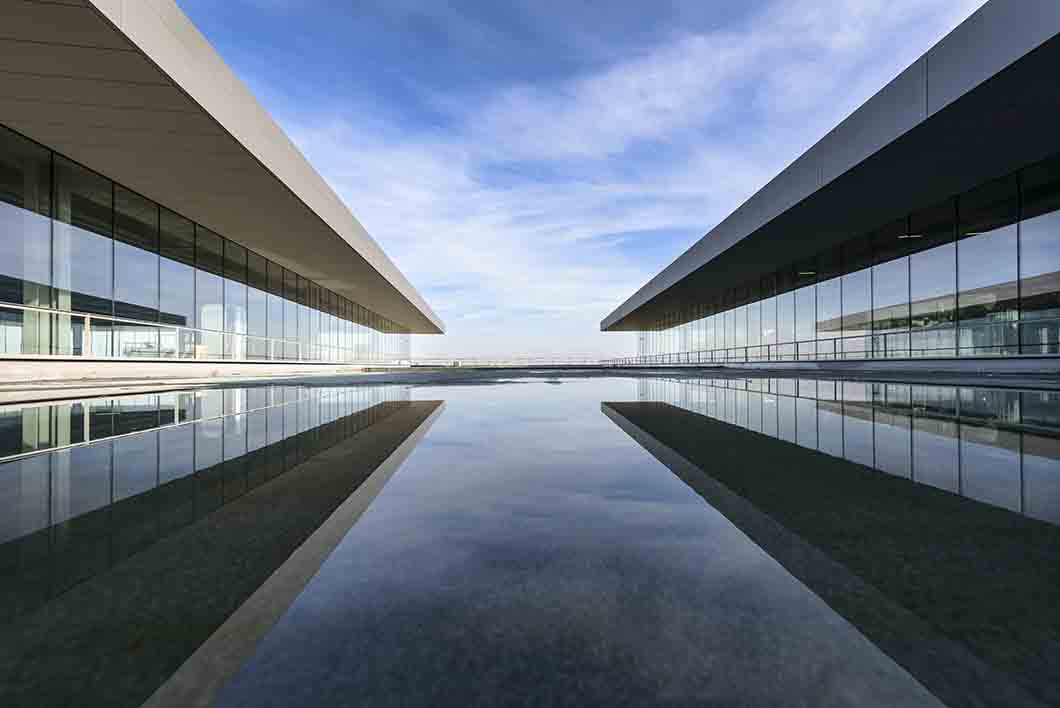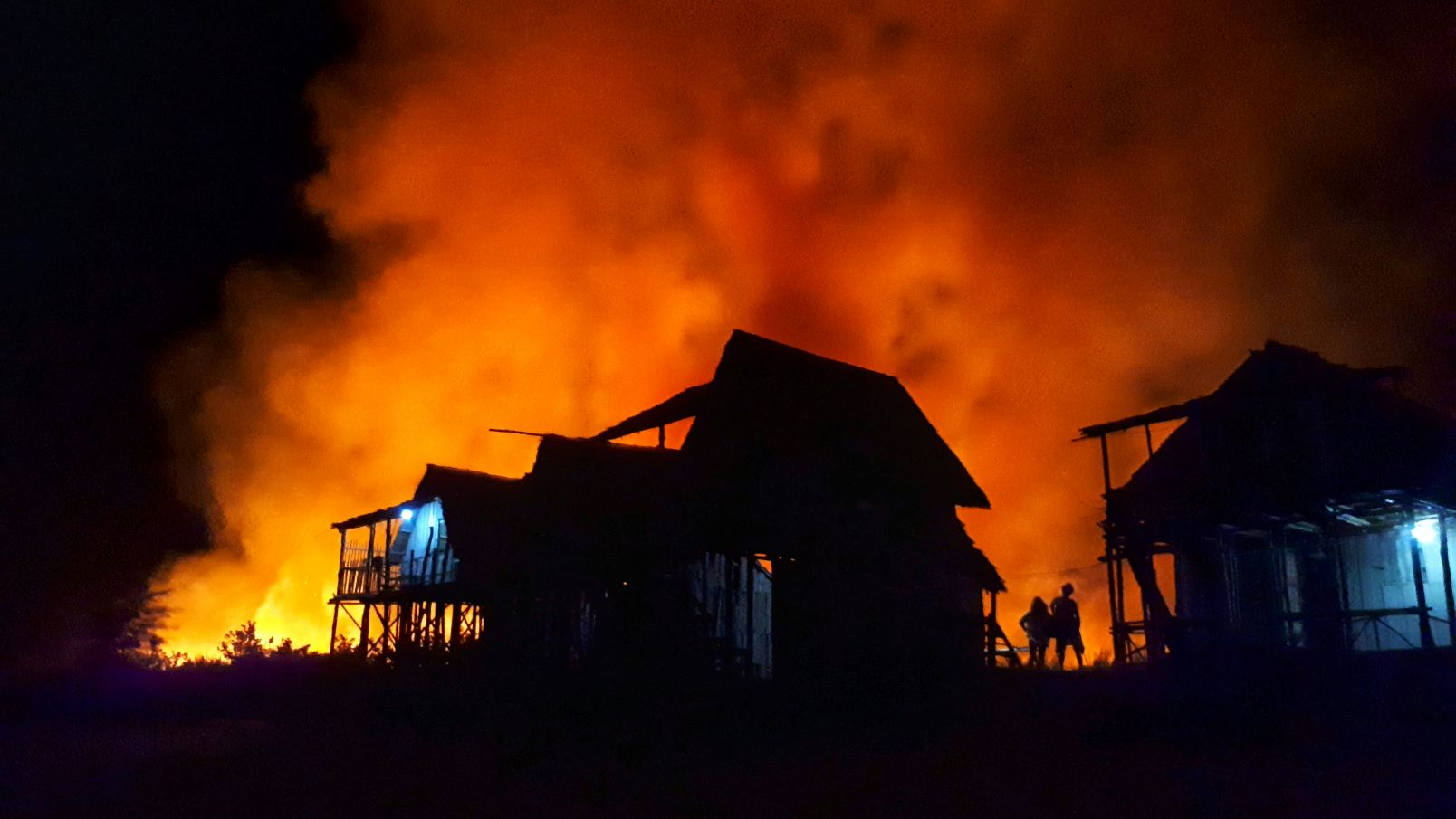Which BC Buildings Will Survive a Major Earthquake?


The BC Resilience Score is coming – be part of the conversation at this event.
Understanding Risk BC (UR+ BC) focuses on hazard mitigation and increased resilience in our province’s built environment.
Developers, scientists, builders, and scholars are coming together for this pivotal event and it’s your chance to make your voice heard while learning more about this topic.
Understanding Risk BC (UR+ BC) builds off the outcomes of UR+ Vancouver (March 2017) to focus on hazard mitigation and increased resilience in our province’s built environment.
This UR+ symposium assembles an interdisciplinary group to share knowledge and perspective on how to build long-term resilience to future hazard events and the impacts of climate change. Emphasis will be placed on seismic hazard, but there is a recognition of risks associated with wildfire, tsunami, flood and sea level rise and that a variety of these hazards need to be considered in the built environment in various regions throughout the province.
Engineers, planners, and emergency managers will collaborate with developers, builders, investors and insurers to find solutions and drive change. Researchers, academics and scientists will support the dialogue to help shrink the gap between science, policy, and real-world action that builds resilience.
Insights and knowledge gained through the symposium will be shared with the BC community of practice – and to the broader global community through the World Bank’s Understanding Riskplatform. With a significant portion of our environment built after the introduction of seismic code, a changing hazard environment as result of climate change and code requirements focused on life safety rather than business continuity/functionality, there is enormous scope for change. Symposium workshops include topics such as:
- What are the likely impacts and consequences of earthquakes, floods and fires in BC based on modelling efforts as well as recent, local, lived experiences?
- How does the built environment play a role in our capacity to withstand and recover from natural hazard events?
- How can we inspire the construction, infrastructure, and development sectors to reduce risk and build resiliently before events – and build back better after events?
- What are the business opportunities presented by a comprehensive resilience strategy for our built environment that integrates energy, climate adaptation, and seismic mitigation policy and approach?
- How do we unite work on hazard mitigation materials and methods with environmentally-friendly building innovations?
- How can we ‘skill up and scale up’ in the construction and allied sectors for increased uptake of open risk assessment and performance-based designs?
- How will future jurisdictional credit ratings be impacted by the level of natural hazard risk in the built environment?
Schedule
Monday, April 16th
Symposium – 1:00PM – 5:30PM
Tuesday, April 17th
Breakfast – 8:00AM
Symposium – 9:00AM – 5:00PM
About the Understanding Risk Community
The Understanding Risk (UR) Community is the pre-eminent platform for collaborating and sharing knowledge in the field of disaster risk assessment. Created in 2009 by the World Bank’s Global Facility for Disaster Reduction and Recovery, the UR Community convenes every two years at the global UR Forum to showcase the latest innovations and build new partnerships to foster advances in the field. The UR+ BC symposium is a spinoff event that is designed to maintain the spirit of the global UR forum at national, regional and local settings.
Learn more at: https://understandrisk.org/
Further Research
Learn more about resilient construction here.
Recent Posts
Mobilizing Resilient Design and Construction
Implementing a multifaceted strategy can motivate state and local governments to prioritize resilient design and…
Insurance Pricing: Navigating a New Era of Risk
The growing frequency and severity of climate-related disasters present a significant challenge for the insurance…
Designing for Resilience … It’s A Must
We see far too often structures built to current code that lack planning and design…
What are the Real Benefits of Designing for Resilience
While designing for resilience requires initial investments, the long-term payoffs often far outweigh these costs.…
Reducing Disaster Risks and Protecting Insurability in the Pacific Northwest
Proactive measures to enhance resilience and preparedness are critical to mitigating insurability risks. This will…
How to Achieve More Resilient Building Codes
More comprehensive disaster prevention perspectives are needed to enable communities better to withstand the increased…


